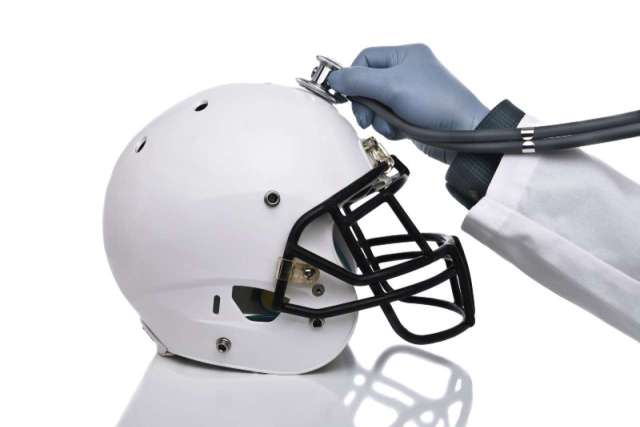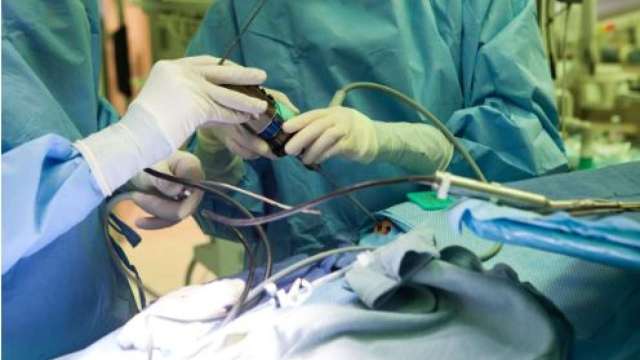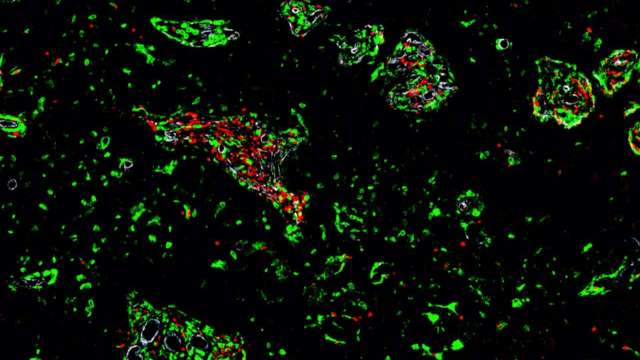UCLA Neurosurgery
Recognized as one of the top neurosurgery programs in the nation for over 20 consecutive years.
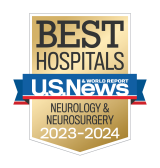
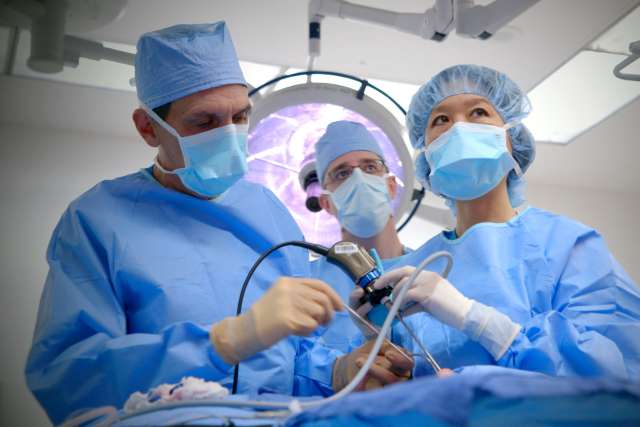
About UCLA Neurosurgery
For over 33 consecutive years, U.S. News & World Report has recognized UCLA Neurosurgery as one of the top neurosurgery programs in the nation.
Several of the program's clinicians are consistently named among America's "Super Doctors" and many of its research scientists are recognized leaders in the clinical neurosciences and neurobiology.
Meet the Team
Our expert team at UCLA Neurosurgery is committed to providing the finest and most comprehensive patient care.
Our Locations
Our goal is to provide you with fast, easy access to the physicians and services at UCLA Neurosurgery.
Giving to UCLA Neurosurgery
We count on your generous support to sustain our outstanding and innovative clinical, research, and education programs.
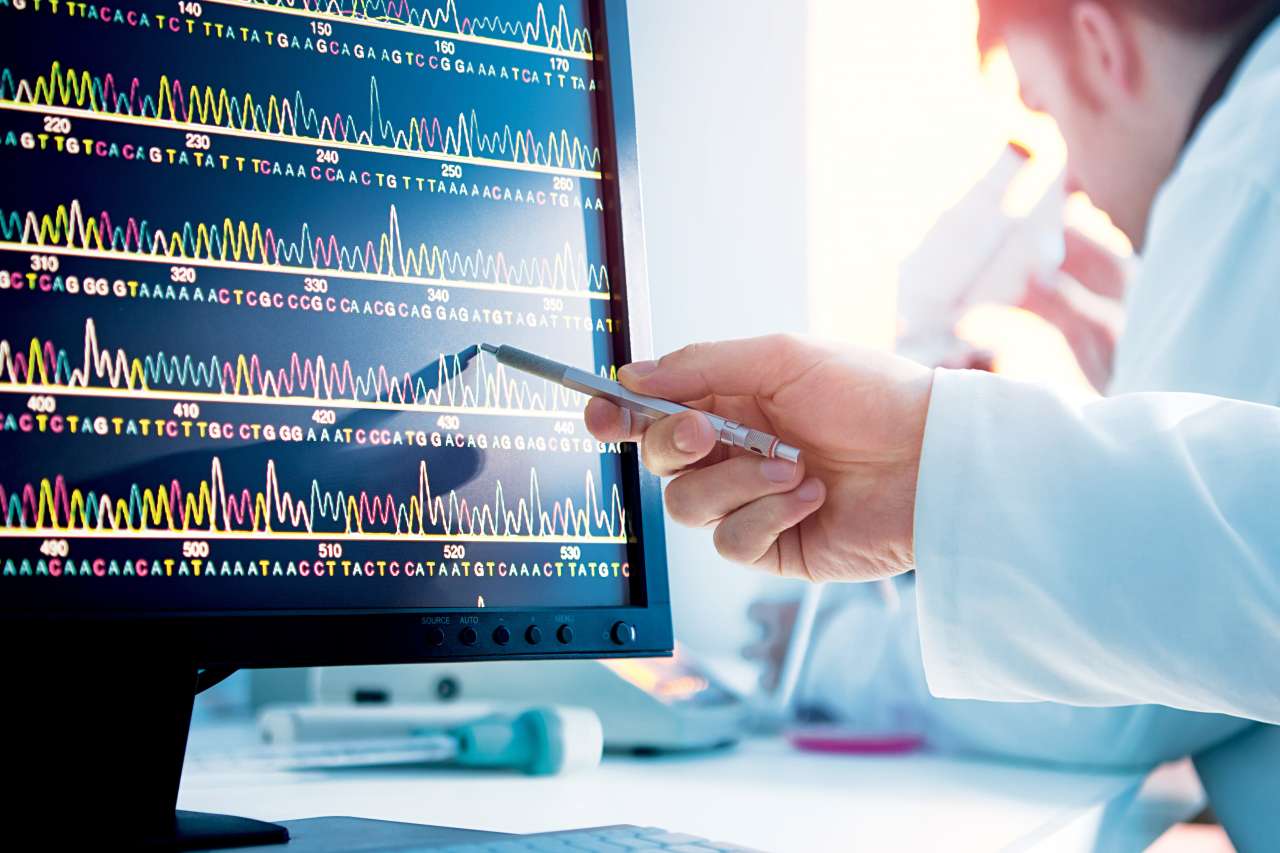
Research
The UCLA Department of Neurosurgery is committed to ongoing research in a quest to develop new treatments and cures for all neurosurgical conditions.
Education
The UCLA Department of Neurosurgery in committed to educating and training the next generation of leading physicians and scientists to care for people affected by a range of neurological conditions.
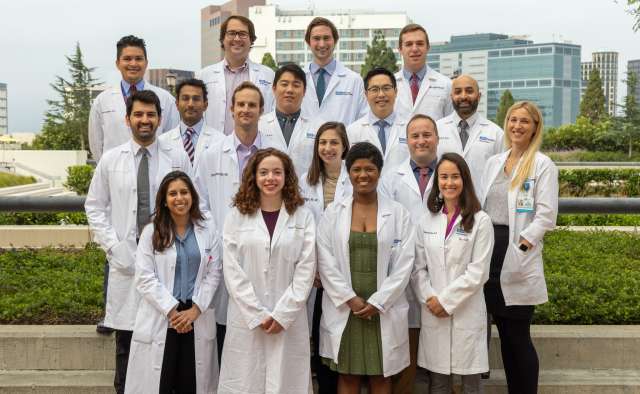
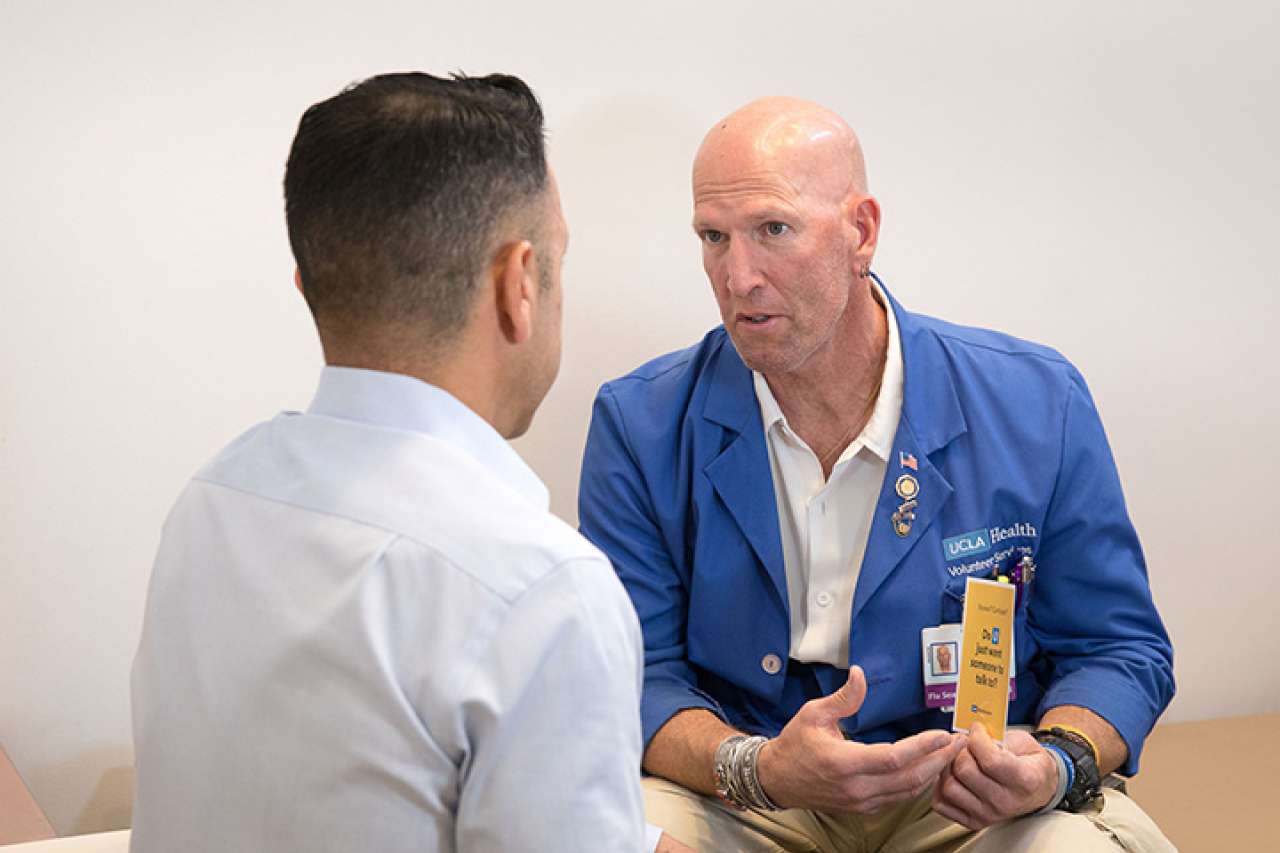
For Patients
For over 33 consecutive years, U.S. News & World Report has recognized UCLA Neurosurgery as one of the Top 10 neurosurgery programs in the nation. The faculty members of UCLA Neurosurgery are committed to providing the finest and most comprehensive patient care.
Meet our expert team
Our neurosurgeons are leaders in research, education and clinical care. Several of our program’s clinicians consistently rank among the “Best Doctors in America” by the American Health Council. We collaborate closely with multiple subspecialists to provide comprehensive neurosurgical services.
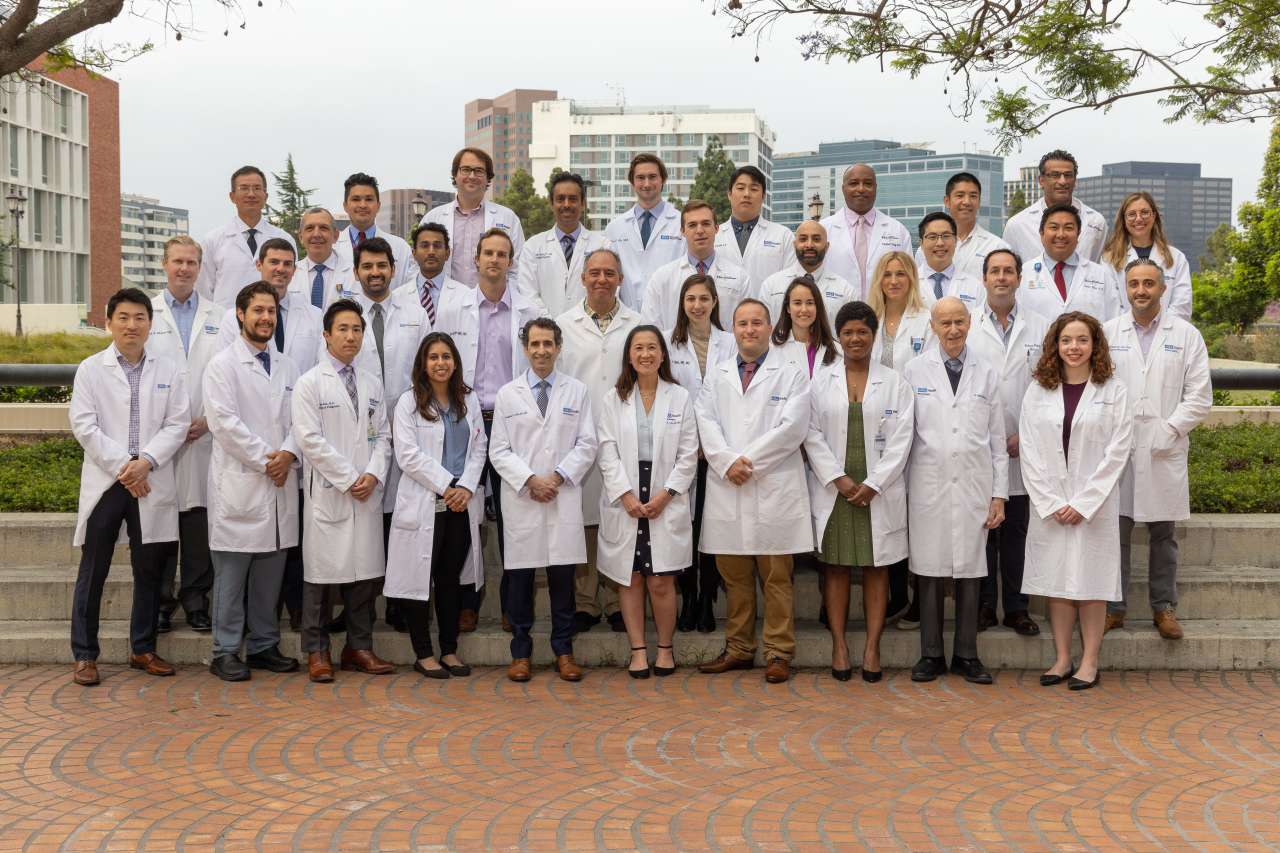
Neurosurgery News
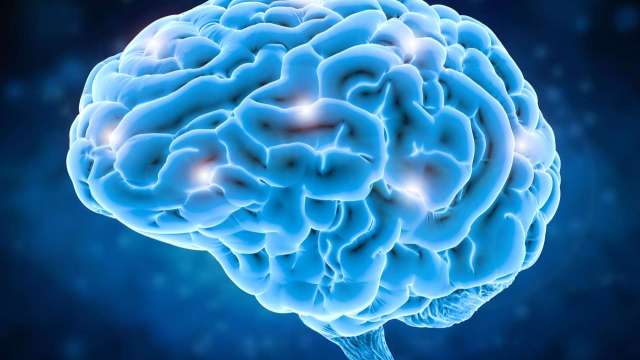
Sets of neurons work in sync to track ‘time’ and ‘place,’ giving humans context for past, present and future
Find a Provider
UCLA Nerosurgery is driven to seek the answers to the most challenging neurological disorders that patients face.
Neurosurgery Care at UCLA Health
View all the patient services and treatment options at UCLA Health Neurosurgery
Get in Touch
To find out more about our neurosurgery services, call 310-825-5111.
